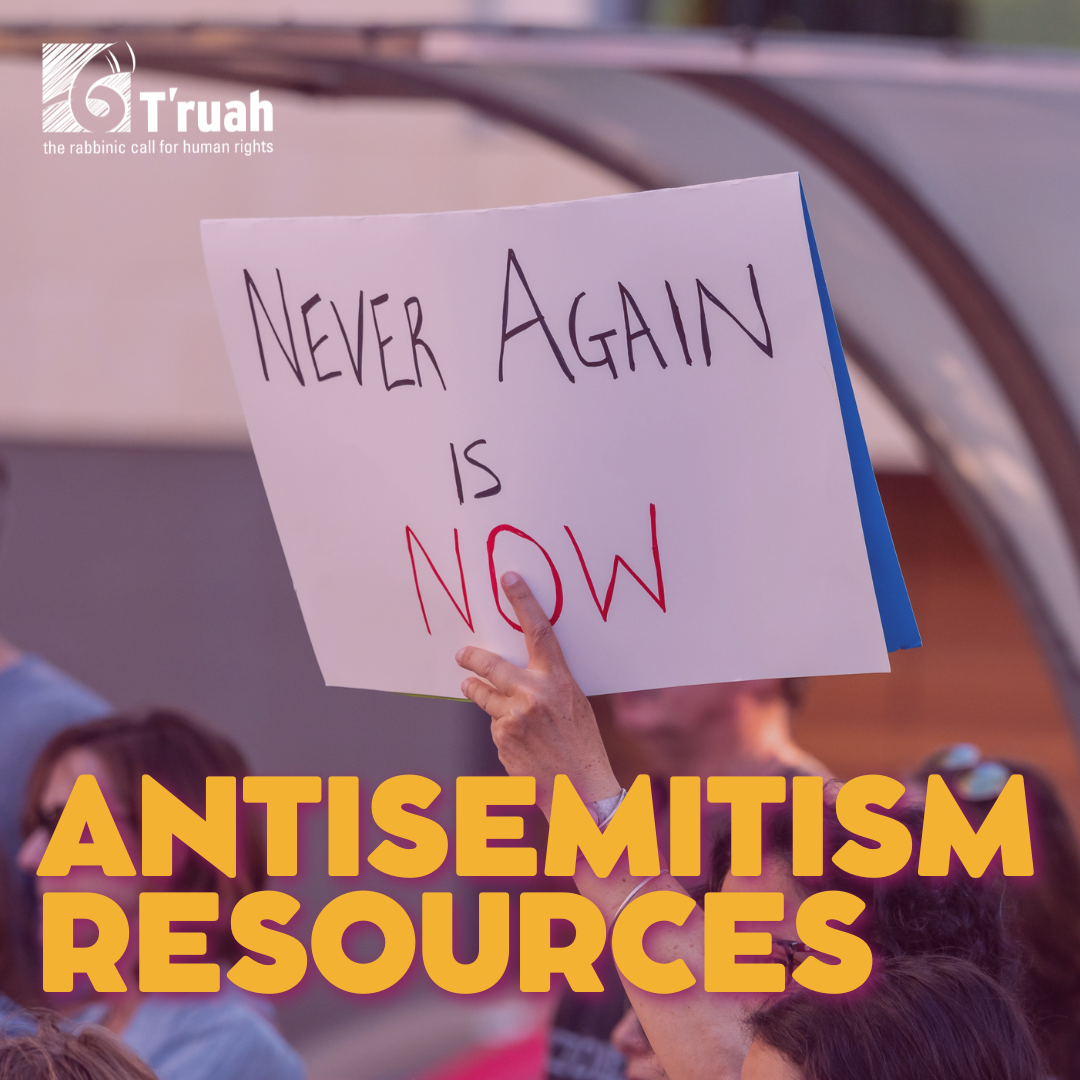Resources
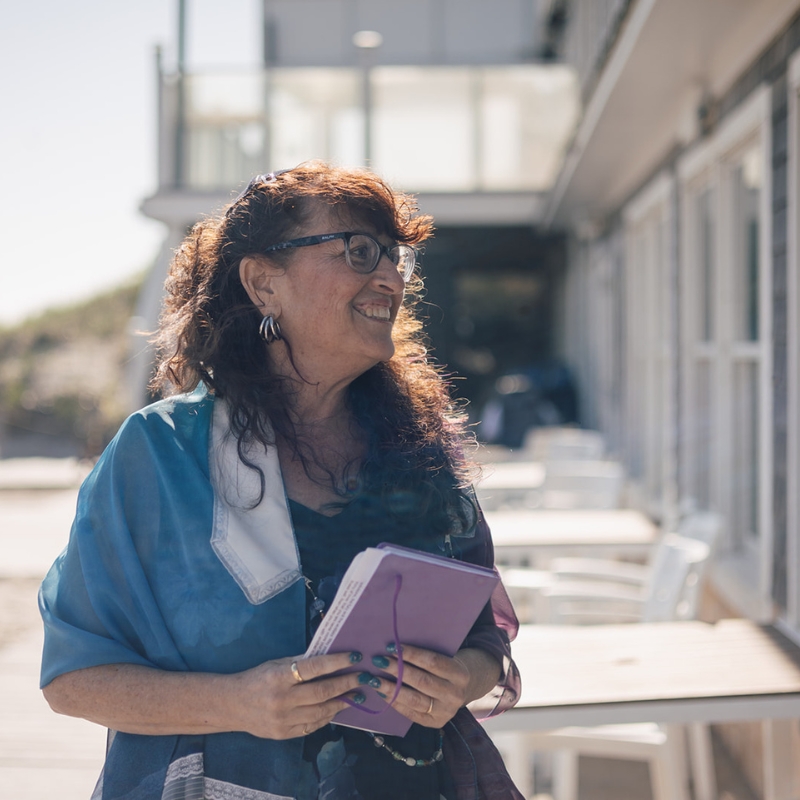
Pekudei: Learning From, Not Erasing, Our Broken Tablets
The administration is tearing apart the historical narrative of the United States, denying the verifiable truth that more people have been left out of the American dream than included in it, that brutality had a role in building this country, and that we have inherited both the gloriousness of the nation’s founding ideas and the shame of our failure to live up to them.
more

Vayakhel: Rejecting Idolatry to Find Our Faces
Repair takes intention and responsibility, while destruction requires nothing but the will to destroy and the means to do it.
more
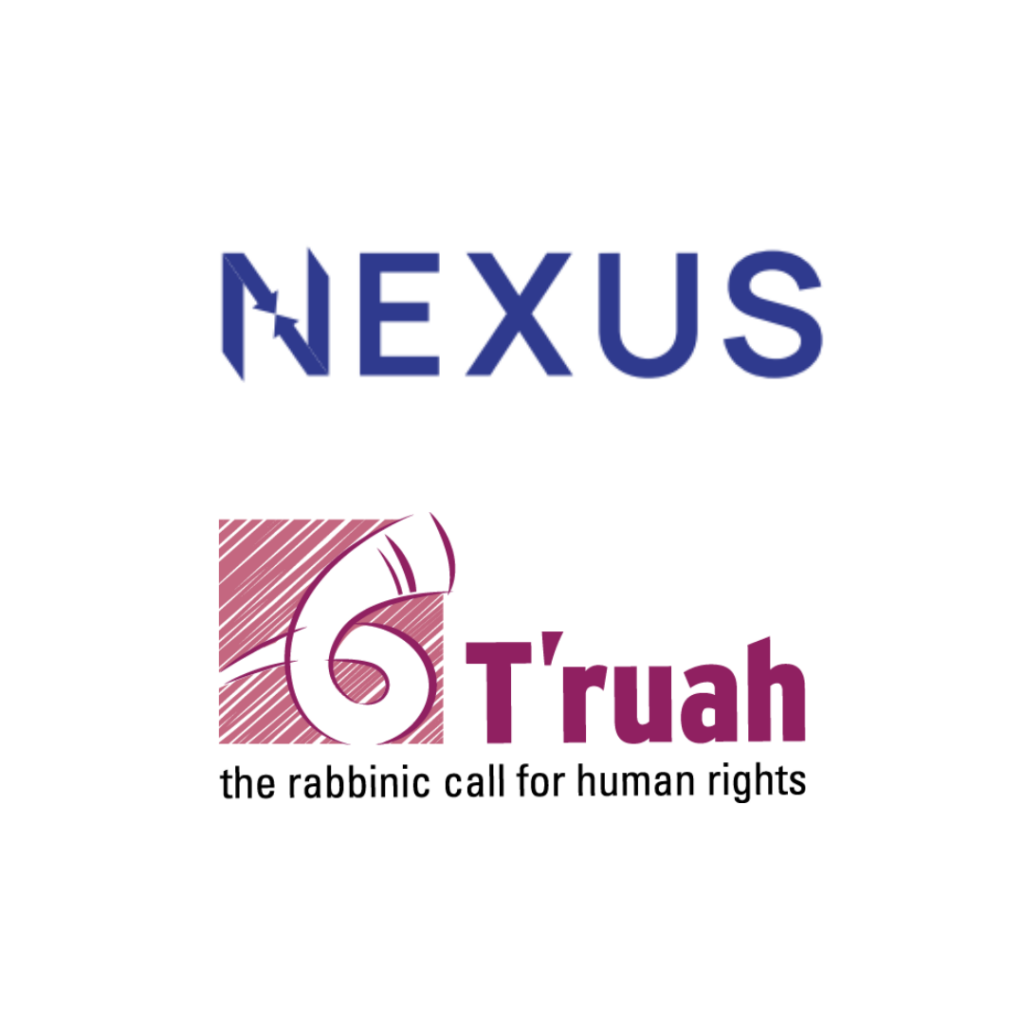
“Project Esther”: Exploiting Jewish Fear to Advance Dangerous Policy
Created in collaboration with The Nexus Project. Learn what Project Esther is, why it’s dangerous, how it’s showing up in policy right now, and what Jewish leaders can do about it.
more

“May We Create a Nation”: A New Prayer for Our Country
From Rabbi Seth Goldstein: We know that this is a nation founded by massacre, built by slavery, maintained by exclusion, defined by inequality. And we also know that this nation promises equality, exercises resilience, evolves continuously, practices teshuvah.
more
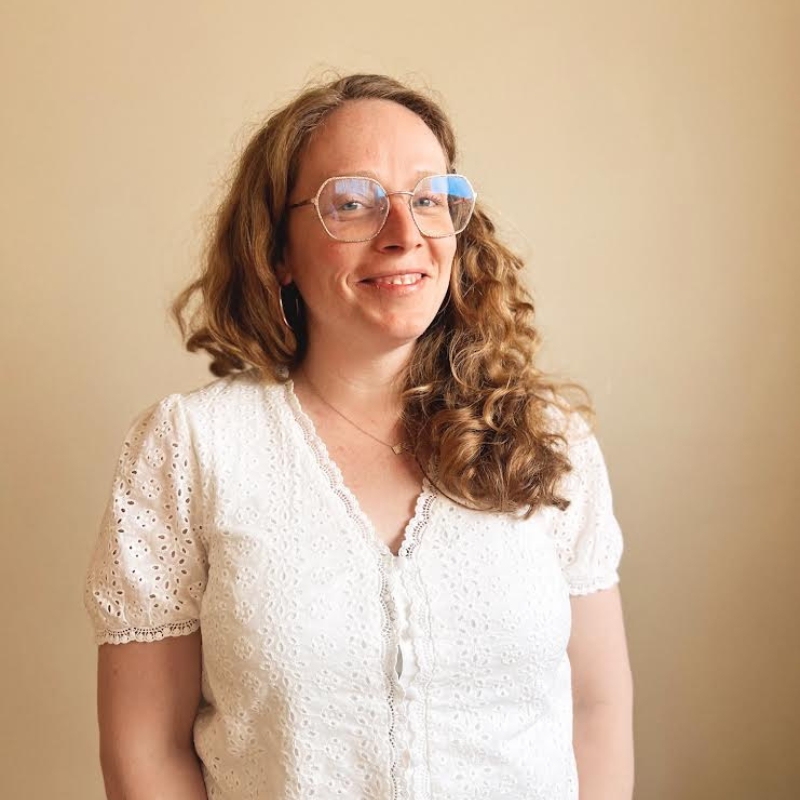
Rosh Chodesh Adar: Turning Grief to Joy as Resistance
Adar is a month that invites us into an ancient, collective experience. It calls us to cultivate joy, even when we do not feel it naturally. Our ancestors knew there would be Adars when joy was hard to find, yet they committed themselves to honor the spirit of the month, to dare to seek joy even in the hardest times.
more
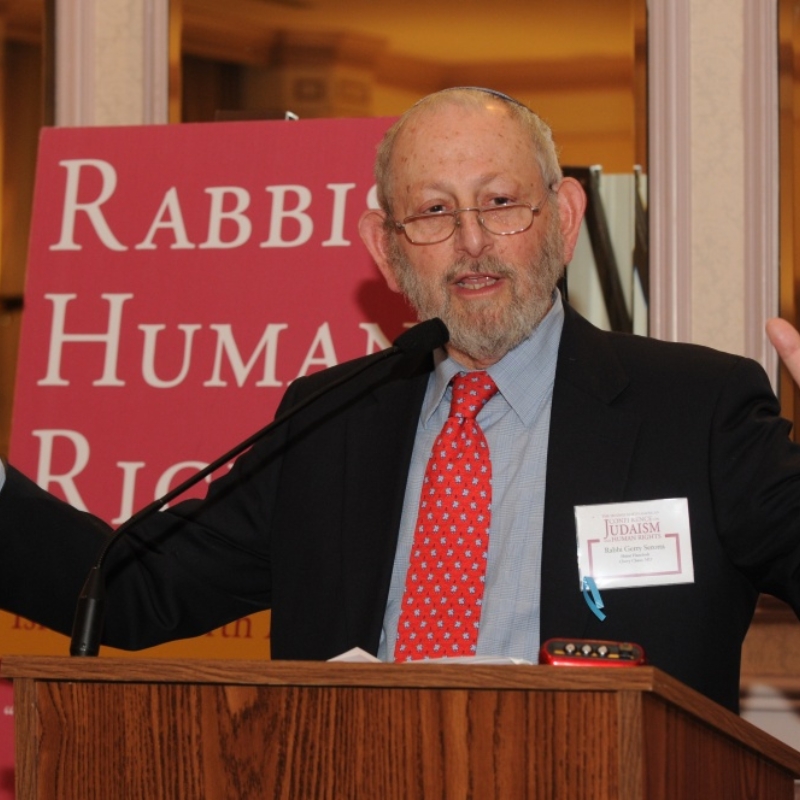
Mishpatim: Our Ethics and Our Enemies
By performing this mitzvah [of helping your enemy], we create an experience of cognitive dissonance, causing our enemy to question the assumptions of conflict between us.
more
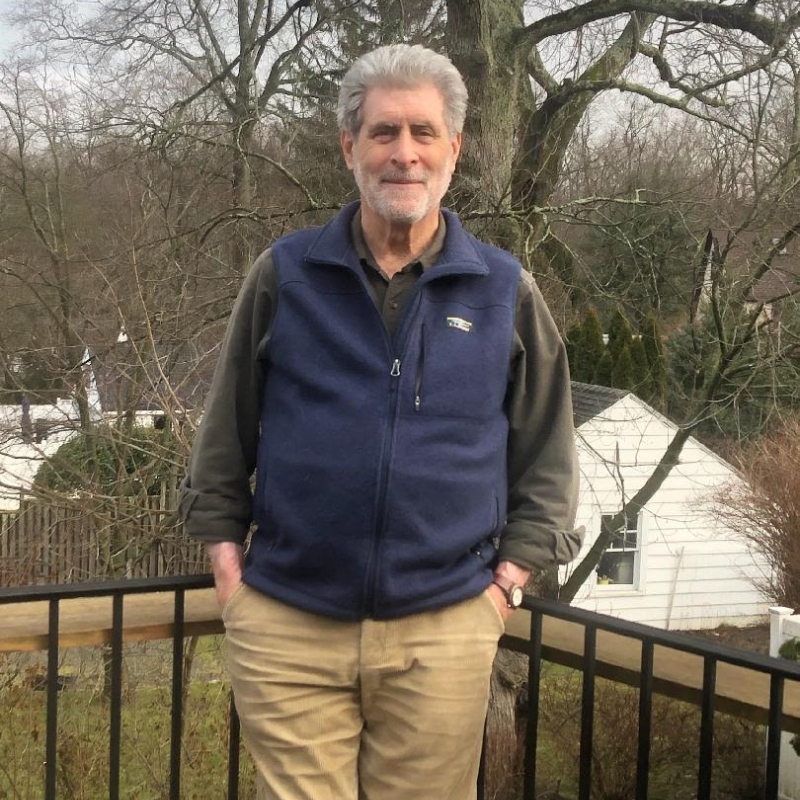
Yitro: In a Voice
There are plenty of authentic versions of “God’s voice” out there if we would only pay attention to them. It is the voice that has been speaking from inside ourselves since time and space began. Now, more than ever, we need to hearken to it.
more
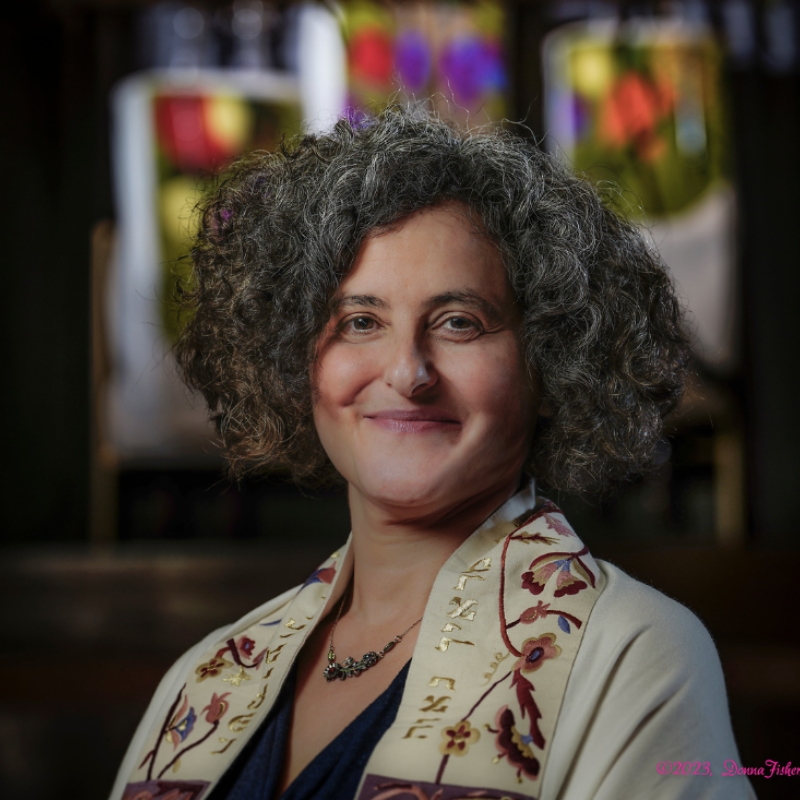
Beshalach: Between a Rock and a Hard Place (Between the Sea and an Army)
With the sea in front of them and the enemy army behind them, [our ancestors] must have been terrified. Nachshon ben Aminadav began walking into the water and only when he could no longer breathe did the sea part. He took a step, not knowing how the story would proceed. Like our ancestors, we stand at the precipice of the unknown, but they model for us what it can look like to step into the breach and tell the next chapter with hope.
more

VaEra: From Hard Servitude to Open Ears
There are moments when we know that we can make a difference. Do we let those moments pass? [Or do we listen to] that "still, small voice" [that] calls us to respond, to take a stand, or to lend a hand?
more
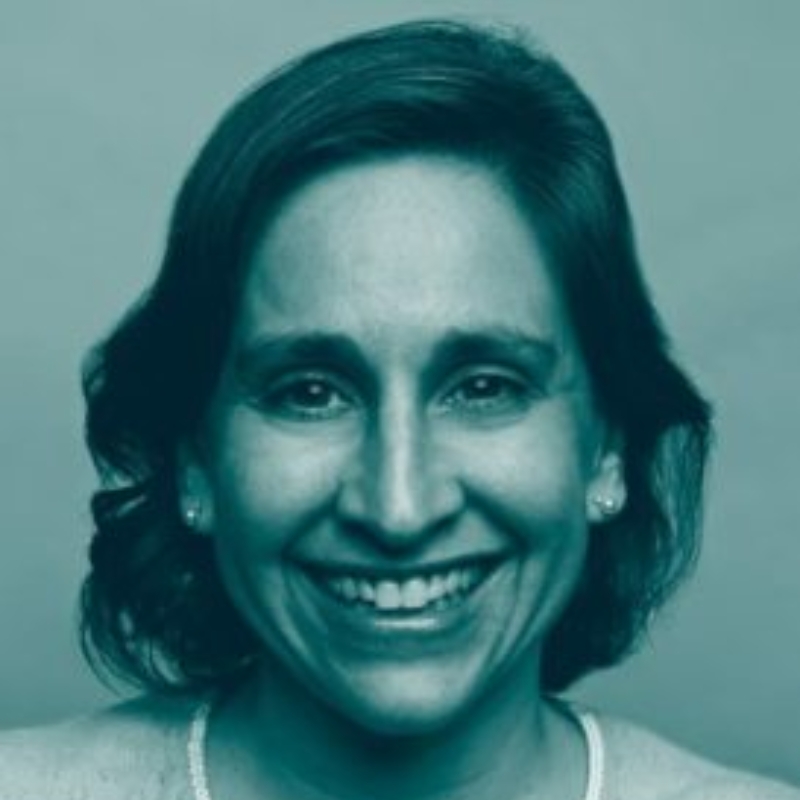
Shemot: Worthy to Be Named
The Torah deems Shifra, Puah, and Moses worthy of being named on the basis of their efforts to subvert the injustice that surrounds them. These leaders should push us to ask ourselves if we are fully inhabiting our named identities as we face today’s moral challenges.
more



